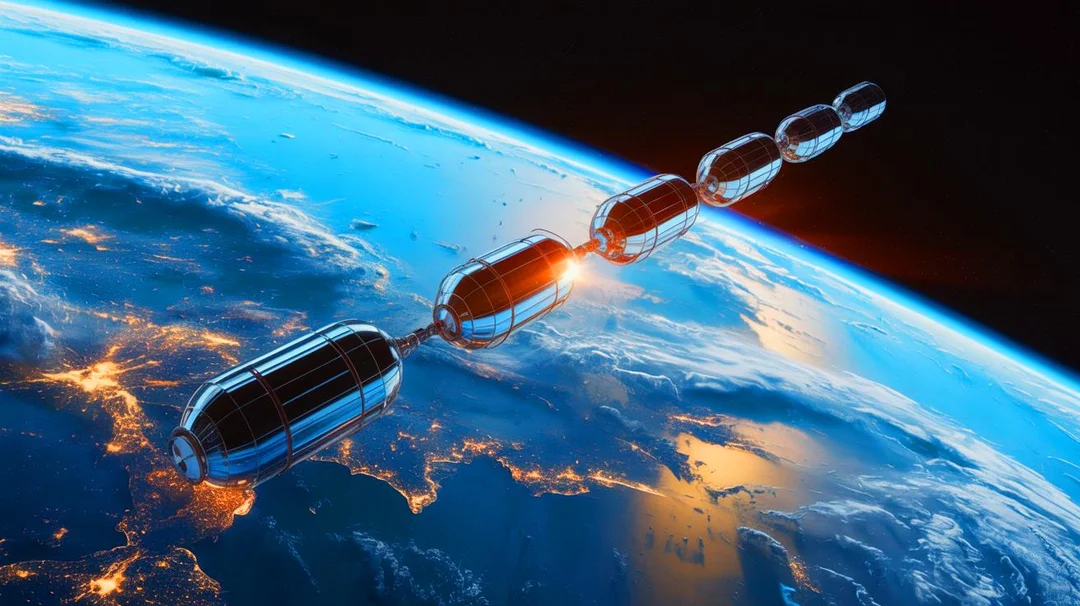
China’s ‘Bullet-Like Satellites’ Spark Concerns: A New Era of Space Surveillance?
A new space race is underway, but it's not just about reaching the stars. It's about who can see the Earth most clearly, and recent developments are raising eyebrows. China's Chutian satellite constellation is rapidly advancing, raising alarm bells in Washington and beyond. Why is this project so significant, and what are the potential implications for global privacy and security?
The Chutian satellite constellation, spearheaded by China Aerospace Science and Industry Corp (CASIC), aims to deploy a network of 300 satellites in Very Low Earth Orbit (VLEO). The operational altitude below 186 miles, offers advantages like stronger signal transmissions and enhanced imaging capabilities. The goal? To provide continuous, real-time global data collection capabilities. This is a game-changer because it provides unprecedented access to remote sensing-based services.

The Chutian-001 satellite, already in testing, features a distinctive bullet-shaped design aimed at minimizing atmospheric drag, which is crucial for VLEO operations. This design allows for precise satellite control, high-resolution smart imaging, and space environment monitoring – capabilities that went through core technology checks for an experimental satellite. The project's ultimate goal is to establish a 300-satellite network to provide rapid response times and support a range of applications from disaster response to agriculture management. According to project leader Zhang Chuan, the potential for public service applications is vast, offering insights into crowd density as well as hazardous conditions.
One of the most promising aspects of the Chutian constellation is its potential for disaster response. The ability to provide mission dispatch within minutes and live updates from affected areas could revolutionize emergency management. Imagine instant alerts to drivers about hazardous conditions, or enhanced urban planning informed by real-time data. Furthermore, the constellation will utilize various imaging technologies, including visible light, synthetic aperture radar, and infrared.
However, the advancements in this space program also raise significant concerns. The ability to collect real-time data on public populations could lead to surveillance and data security issues. As satellites become operational, the balance between technological innovation and ethical considerations becomes crucial. The question then arises: How will societies balance the benefits of enhanced data access from real-time data with the need for privacy and ethical standards?
China's Chutian satellite constellation represents a significant leap forward in space technology, offering unprecedented real-time data collection capabilities. However, its potential implications for privacy and international relations demand careful consideration moving forward. The integration of AI enhances the ability to analyze the deluge of earth data that the constellation is expected to gather. This progress also raises the question of how nations will navigate these developments as they shape the future of space technology and its impact on society.
What are your thoughts on the balance between technological advancement and privacy in the age of satellite surveillance? Share your opinions in the comments below!